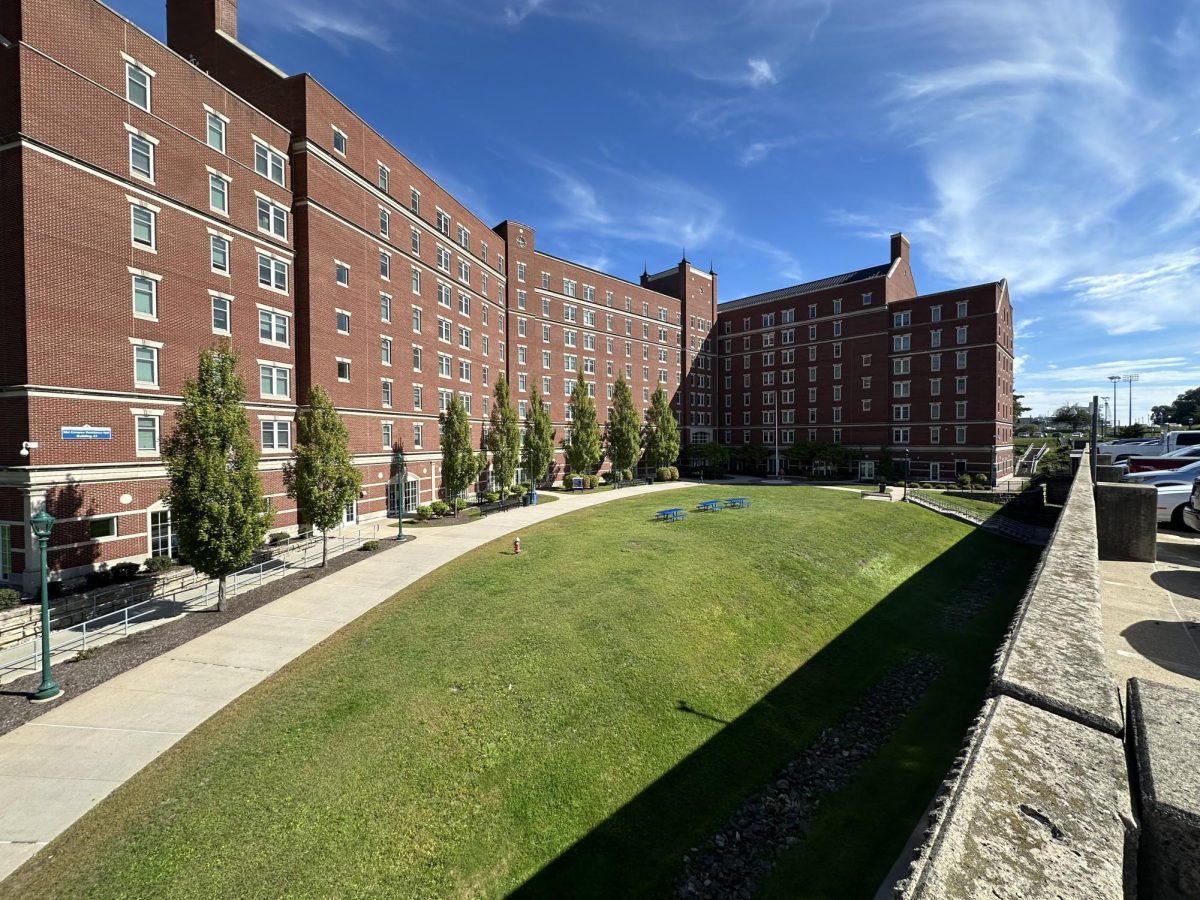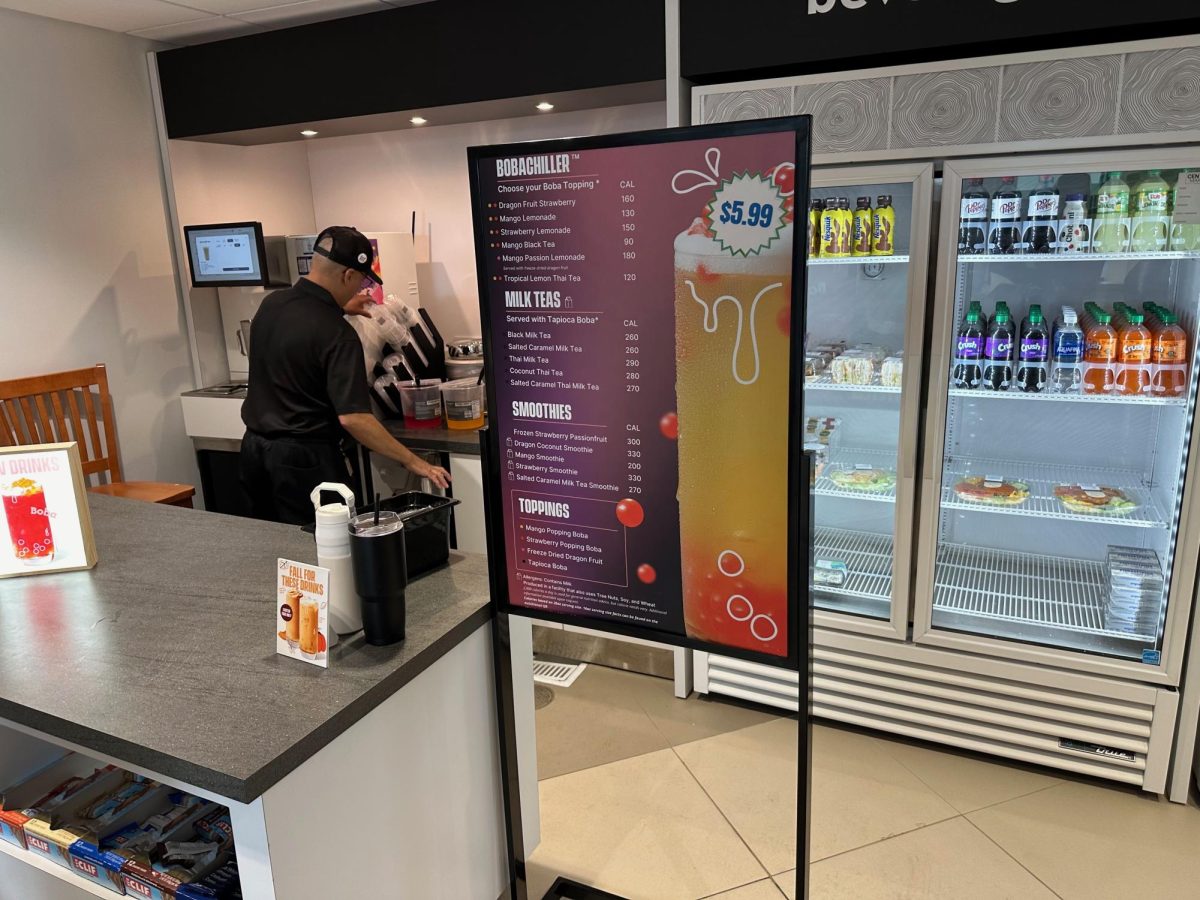By Kassondra Granata
“It was, I believe, sophomore year and I was supposed to take Illustration as a prerequisite for one of my design classes,” Dan Saska stated in a conversation via email.
Saska is what would be considered a “super-senior” making up two semesters worth of classes due to poor guidance by his adviser in the design program, who he does not wish to name.
“I was not alerted by my adviser in the department that if I didn’t take that class, I would essentially miss out on two semesters because of how my program is setup.”
“I was and am still pretty upset about it,” says Saska.
Academic advising is a system that CCSU offers where a student and a faculty member meet together and focus on academic planning and decision making in order to earn their degree. Advisers meet with their students and provide advice and aid in the process of choosing courses as well as supplying each student their pin number to use come registration.
Christopher Pudlinski, an adviser who has been in the communication department since 1996, sits on the Advisory Committee on Academic Advising which was established by the faculty senate in 2009.
Pudlinski believes that advising is not up to par.
“I think it’s kind of inconsistent,” said Pudlinski. “You’re going to get people you are going to work well with advising because they are familiar with the curriculum and they know about internships and then you get some people who don’t spend the time on it and aren’t familiar with it. There’s a lot to it.”
First year students are registered to an adviser for their first semester and attend an academic advising and orientation day. Alongside that, they also obtain their predetermined course schedule that their designated adviser makes for them for the first semester. As the second semester approaches, they meet again with their advisers in the fall to choose their spring courses.
After a student’s first year at CCSU, students are then assigned to faculty advisers that are in their own departments of their major.
“It is helpful,” says Brandon Tyshawn Evans, freshman. “They let you know what classes they recommend you should take and they know what they are talking about. I was left with no questions.”
To some students, however, it depends on the adviser.
“I had to correct my adviser about what was considered a lab science, I was left with more questions than answers,” said freshman Alex Kitchener.
Like Kitchener, sophomore Jess Maura had issues with her adviser.
“I have been to two different school of business advisers and they both stink,” said Maura. “The first guy double booked every appointment time he had so we literally had to fight to the time slot in his office. Then when I finally got to speak with him, he asked me what classes I should be taking..excuse me, but isn’t that his job?”
Negative feedback continued from students on the subject of their advisers, whom all chose not to name.
When bringing up the fact that there are usually negative responses from students concerning advising, Pudlinski was “not surprised.”
“The biggest challenge is to create consistency across schools and departments,” Pudlinski said. “It’s hard to do. There’s not only inconsistency but there’s also varying work load for advising, if you have a department with 8 faculty members with 15 majors it’s a very different experience.”
Students continue to turn in negative feedback towards advising and the adviser’s experience and amount of help provided to the advisees.
“My adviser is terrible, doesn’t really do much advising, just tells me to look up classes on the catalog,” says Matt Stanley, sophomore. “I’m definitely switching advisers; that’s one of the only things I don’t like about this school.”
Saska, believes that the advising process should be presented with more clarity.
“There really should be a better system for majors with specific goals. Pipeline is a terrible solution that I’m sure the school pays hundreds of thousands of dollars for, but I digress,” continues Saska. “It should be clear cut that you need to take care of these prerequisites before continuing in your program.”
Pudlinski believes that there are some advisers that do really well, and there are some who do not do well at all, it’s all about being constant with their students.
“I find that having the opportunity to be an adviser for students for a couple of years or more is beneficial. I find the most challenging times and the time you need the most time for advising is when a student comes to you from CACE and most importantly transfer students.”
Pudlinski along with the Committee on Academic Advising hopes to build partnerships with faculty and administrative offices in relation to advising.
“What characters advising is the school,” says Pudlinski. “There needs to be a focus on it and like I said consistency. There aren’t rewards for doing good advising, but it’s worth it.”


